STD Treatment
STD Treatment
Most bacterial STDs / STIs may be effectively treated and cured with appropriate antibiotics and most viral STDs/ STIs may be effectively controlled with appropriate antivirals. Unsightly, unusual lumps and growths caused by human papillomavirus or molluscium may be removed and cleared with topical treatments like wart creams or non-invasive procedures like cryotherapy or liquid nitrogen.
At Nuffield Medical Siglap, we offer a full range of treatment options for STDs and STIs. We also offer prophylactic and empirical treatment for patients who have been exposed but are not showing any symptoms who may have been exposed.
Types of Common STDs / STIs:
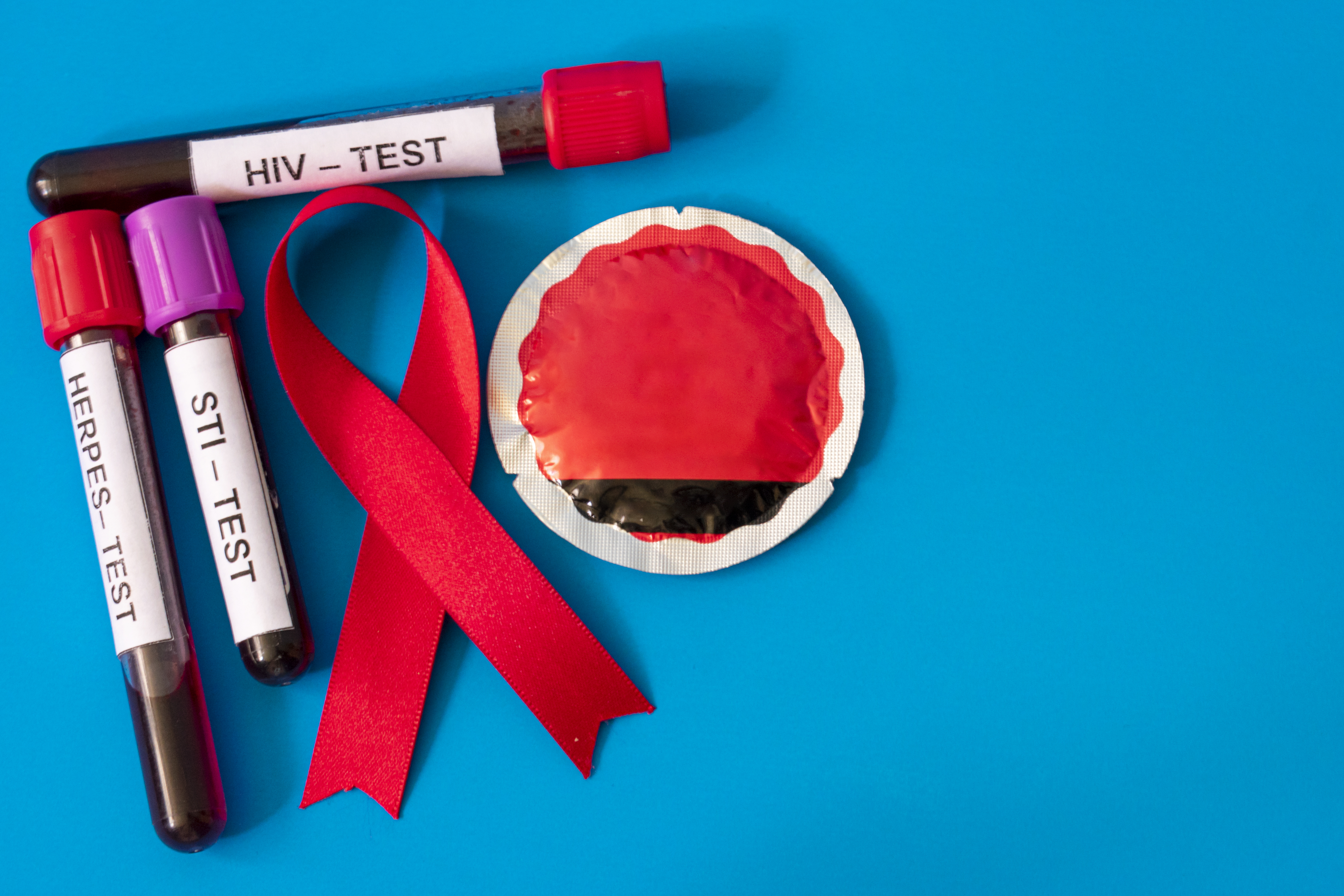
Human Immunodeficiency Virus infection (HIV)
Prevention only. HIV can be prevented if PEP treatment is commenced early (less than 72 hours) after exposure.
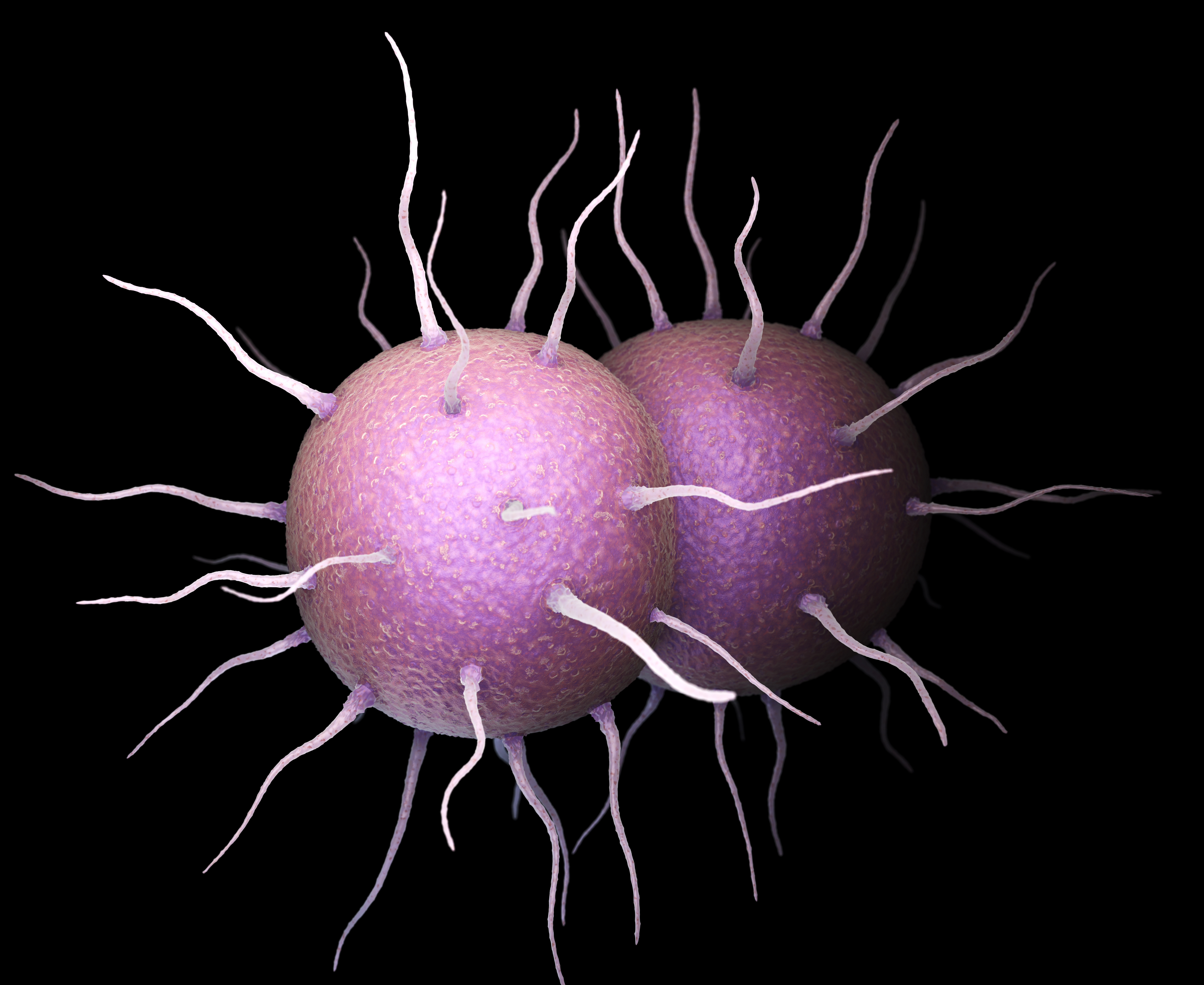
Gonorrhea
Most cases of gonorrhea can be treated with a single dose of antibiotic injection and in some cases, oral medication. Usually treated together with Chlamydia as co-infection rates are high.
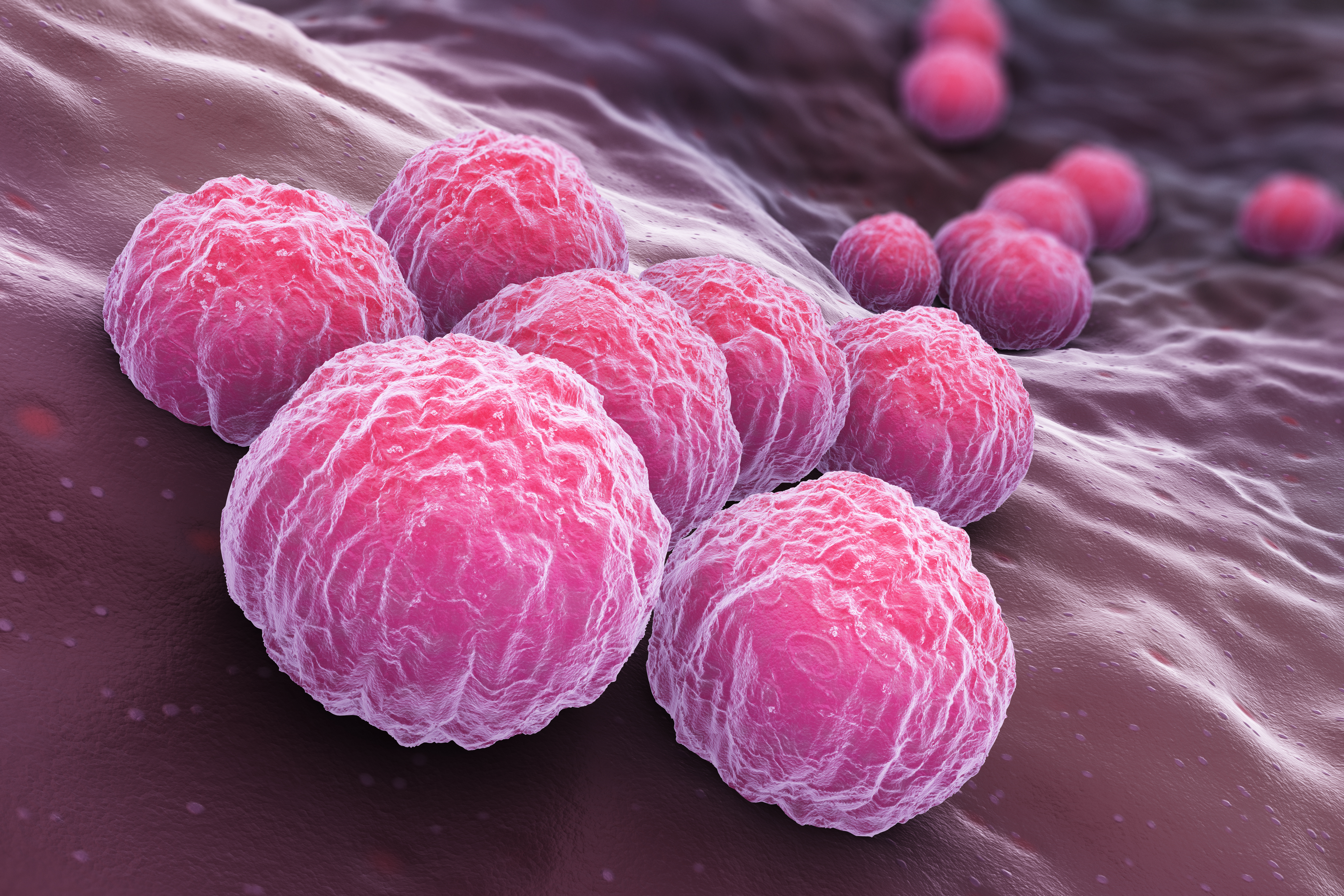
Chlamydia
Most cases of chlamydia can be treated with a single dose of oral antibiotic medication or a course of oral antibiotics. Usually treated together with gonorrhea.

Syphilis
Early syphilis infection can be treated with a single dose of antibiotic injection. Prolonged infection may require up to three weekly injections.
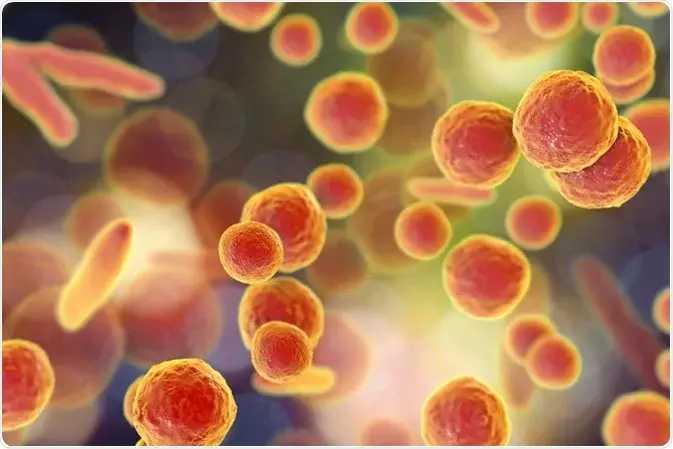
Non gonococcal Urethritis (Mycoplasma/Ureaplasma)
Treatment is similar to Chlamydia
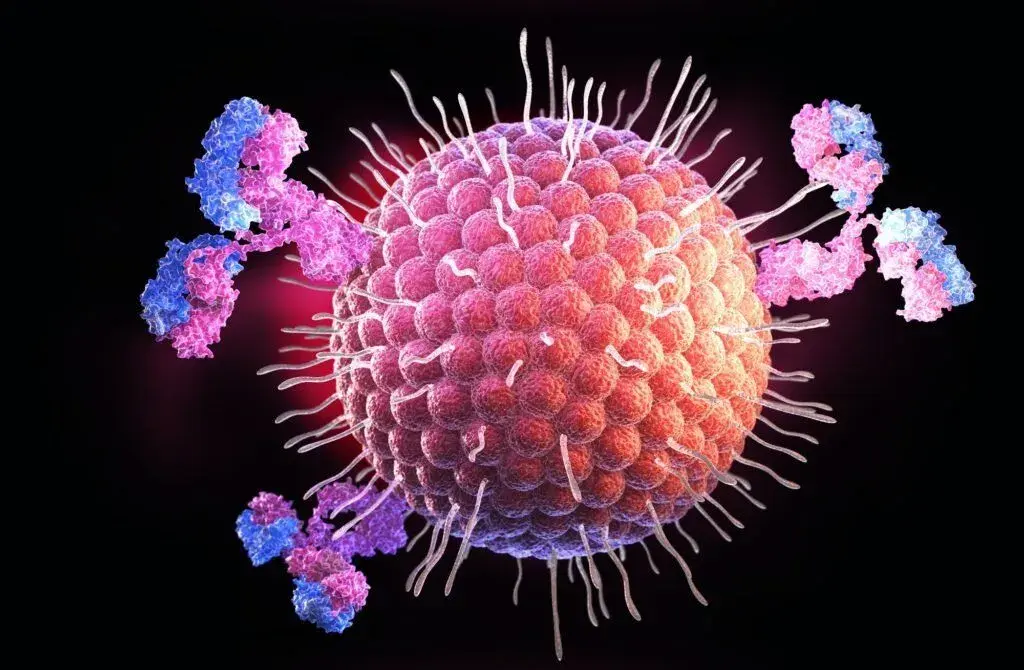
Herpes Simplex Virus (Genital/Oral)
Herpes outbreaks and infections can be controlled with oral and topical antivirals. Recurrent outbreaks of herpes infections may require maintenance doses of antivirals to prevent outbreaks.
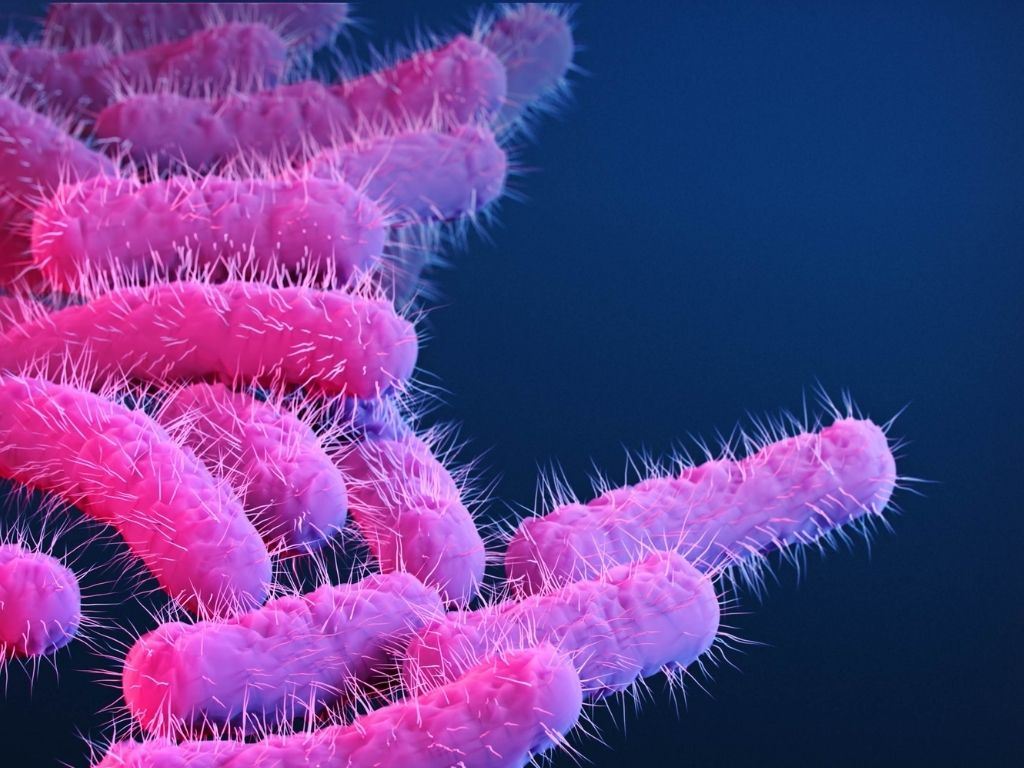
Bacterial Vaginosis
Can be treated with oral tablets and vaginal pessary inserts
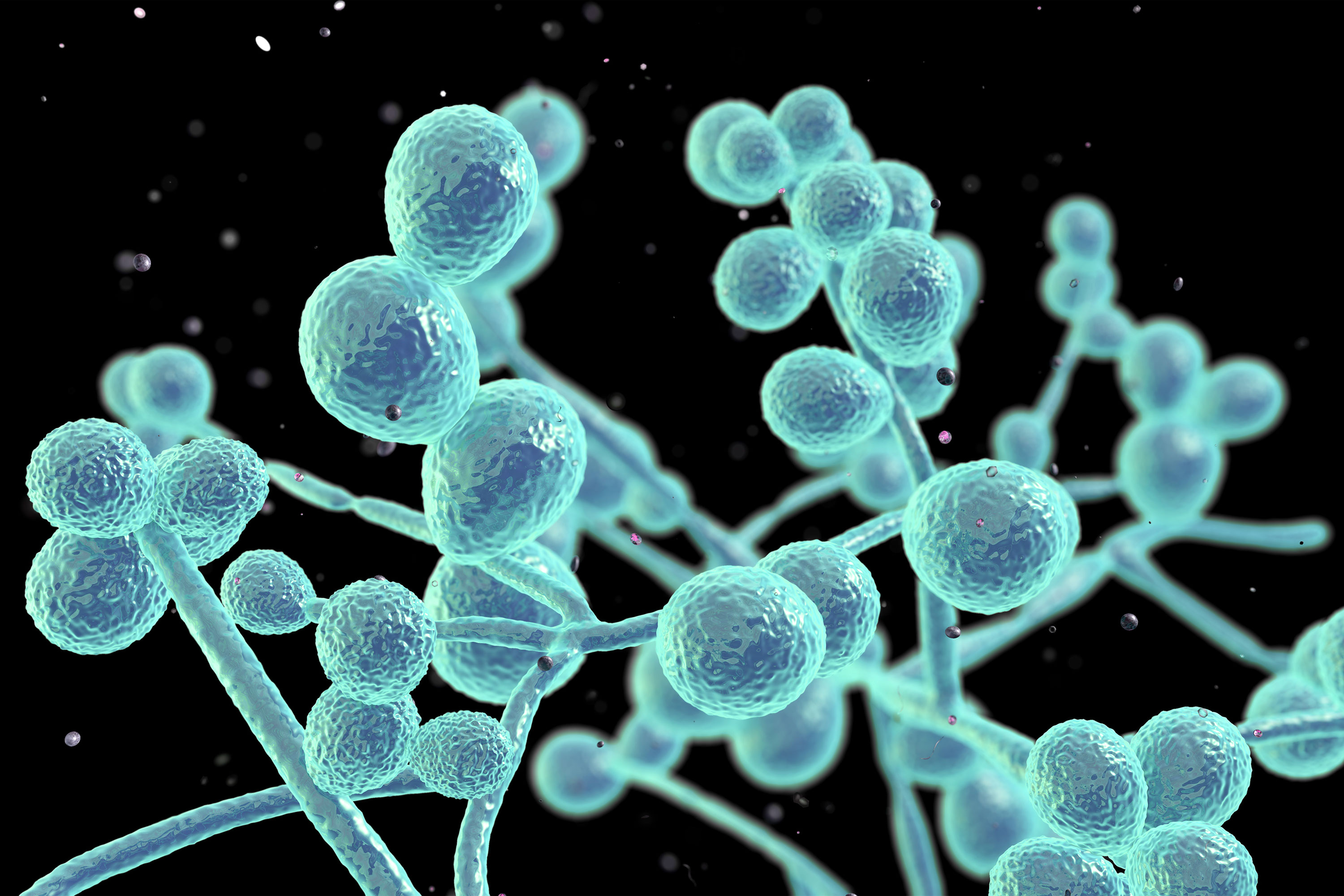
Vaginal Candidiasis
Can be treated with oral tablets, topical creams and vaginal pessary inserts
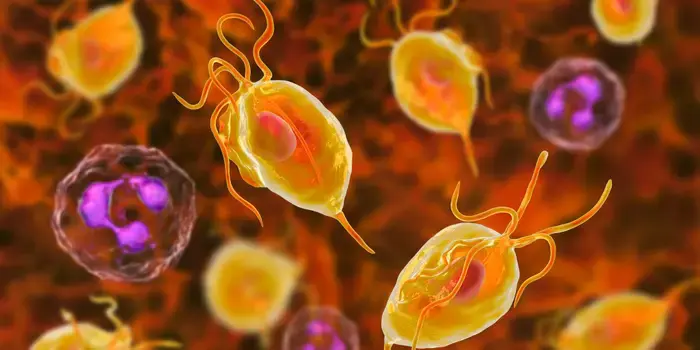
Trichomoniasis
Can be treated with oral tablets and vaginal pessary inserts
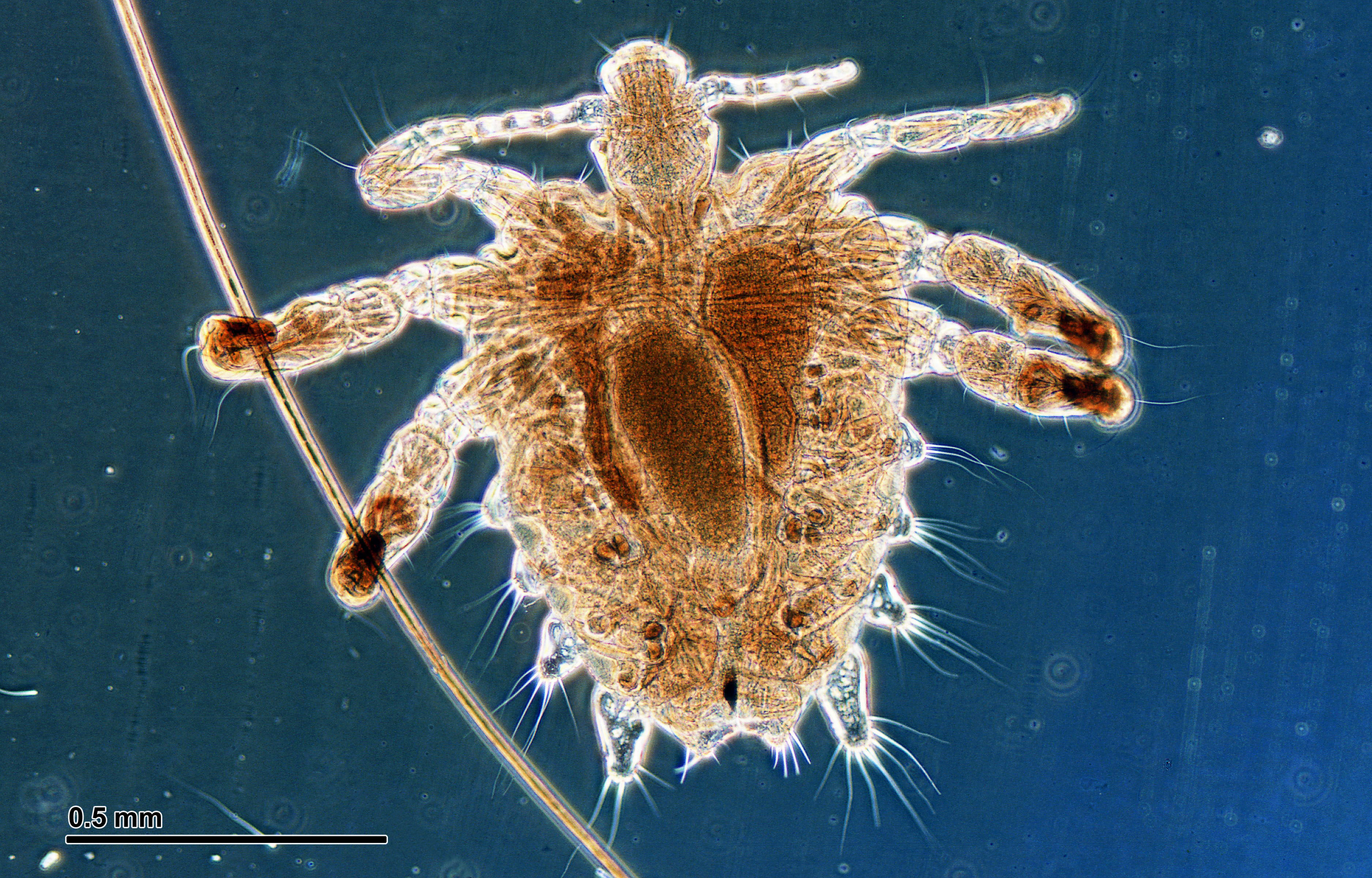
Crabs/Pubic Lice
Can be treated with topical lotions

Genital Warts (HPV)
Can be treated with topical cream or non-invasive procedures such as liquid nitrogen cryotherapy
